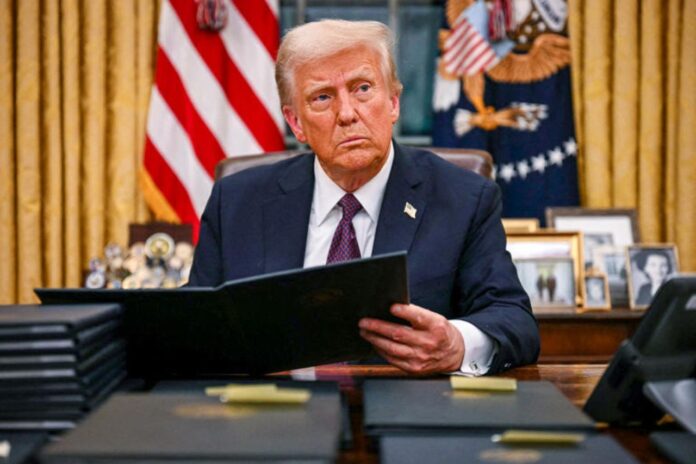This week, President Donald Trump made headlines by reversing an executive order that aimed to prevent discrimination by federal contractors and subcontractors. This move is part of a larger push to scale back federal diversity programs.
In a memo released on Wednesday, the White House explained that the order, signed the day before, would “protect the civil rights of all Americans” by ending what it calls “radical DEI (Diversity, Equity, and Inclusion) preferencing” in federal contracting. The administration also emphasized that this order would push federal agencies to take a stand against discrimination in the private sector.
So, what does this mean? The revoked order had previously required federal contractors to practice affirmative action. This meant contractors couldn’t discriminate based on things like race, sex, or national origin, a policy that started under President Lyndon B. Johnson and was later narrowed to cover just contractors. Trump’s order now repeals this policy, along with actions by Presidents Bill Clinton and Barack Obama, which were designed to promote diversity and inclusion in federal hiring.
Trump argues that these diversity efforts violate civil rights laws and damage national unity. According to him, they promote a “spoils system” based on identity, rather than rewarding individuals for hard work, excellence, and achievement.
The White House is calling Trump’s order “the most important federal civil rights measure in decades.” They say it terminates what they view as discriminatory DEI practices in federal agencies and contractors.
While the order mainly targets federal efforts, it also sends a message to the private sector. It directs the U.S. Attorney General to work on a report that will outline how to end illegal discrimination and preferences in private companies. This includes looking at corporations, universities, and other large institutions that may be using DEI as a cover for biased practices.
In short, Trump’s executive orders are shaking up the way diversity is handled across the federal government and beyond. Federal employees in DEI roles are already facing a tough shift, with some placed on paid leave as the government figures out its next steps. This is creating plenty of buzz, and some critics believe these changes could hurt the fairness and integrity of the civil service.
What do you think about these changes? We’d love to hear from federal workers on the front lines of this transformation!





